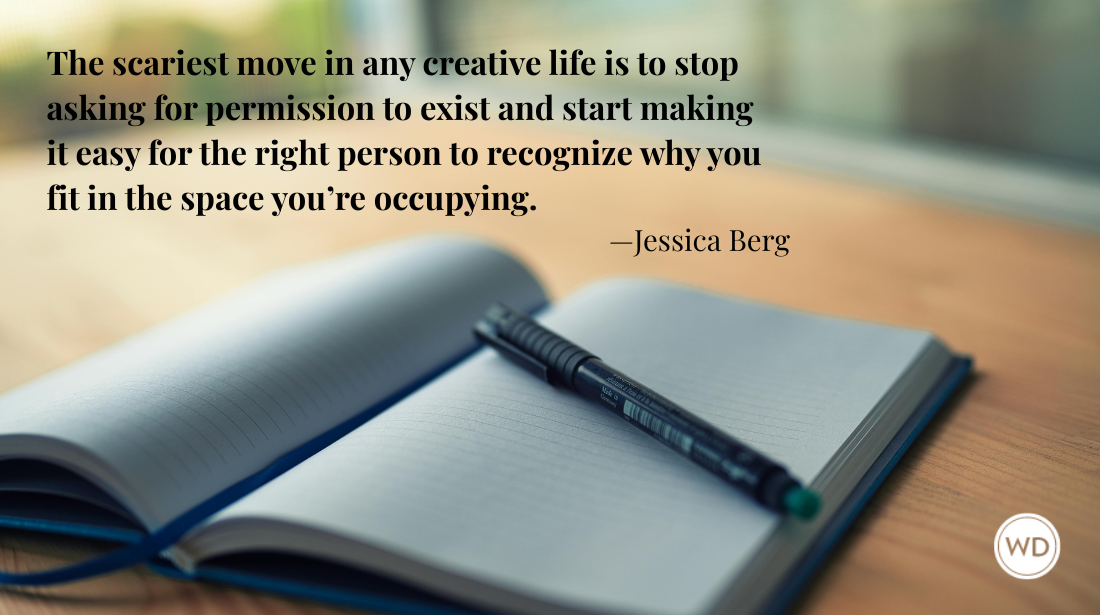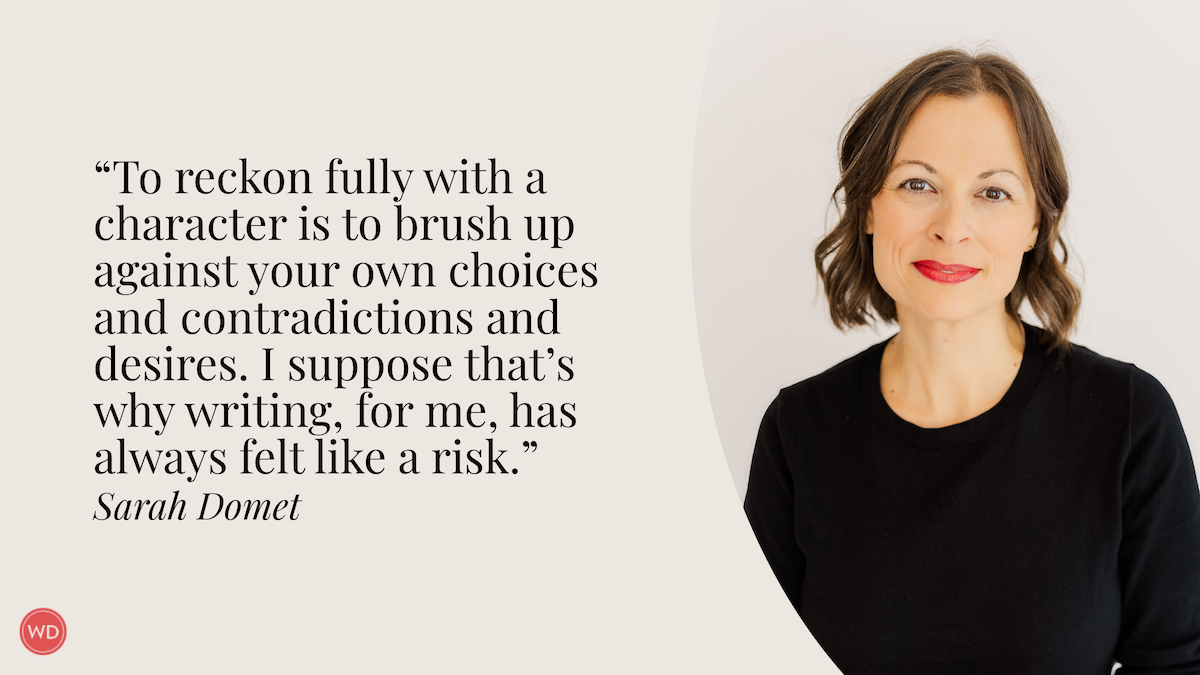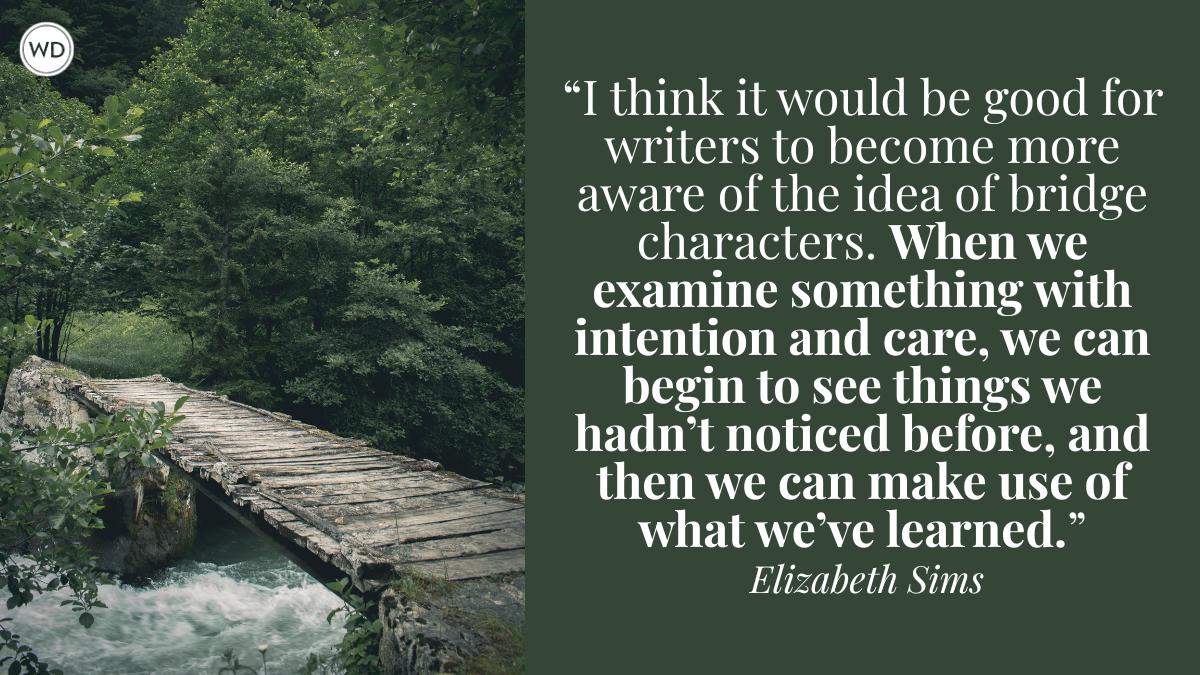Are You a Good Writer?
Independent writer and executive ghostwriter Alexander Lewis asks five key questions to help writers answer THE question most writers ask themselves at least once during their writing and publishing journey.
It’s hard to define good writing because writing isn’t a single skill. It’s many abilities prepared, packaged, and vacuum-sealed into one.
Defining good writing is like defining friendship. You can’t point to any individual trait in your closest friend to explain why the two of you get along. Friendship is the combination of many interpersonal characteristics and shared experiences. You define your friendship by a particular culmination of traits.
Same goes for good writing.
Are You a Good Communicator?
Communication is one example. You won’t go far as a writer without a decent vocabulary and basic understanding of syntax. What makes a clear sentence clear? What grammatical rules and structures should you follow to demonstrate your point to the reader? Understanding fundamental rules of grammar is necessary (but not sufficient) for being a good writer.
How Are Your Research Skills?
You might also say that a good writer is a skilled researcher. You know where to find information and how to distill it simply on the page. You’re not afraid to interview experts or interrogate data. You could invert this point and put it this way: Good writing begins with a deep understanding of your subject. Readers can sniff out the writer who didn’t finish their homework.
Can You Tell a Good Tale?
You’re also a storyteller. I’ve known plenty of people who couldn’t tell a decent story, but who aced college English courses. Storytelling goes beyond memorizing vocabulary or understanding grammatical rules. Do you have what it takes to seize the attention of your reader and hold that attention through the end of your narrative? How connected did readers feel to your characters?
What About Your Tastes?
You might also say that good writers have taste. They’re opinionated. Can you look someone in the eye and tell them why a particular idea is boring, confusing, or cliche? Good writers are taste-makers. You come to the writing desk with strong opinions. There exists a target in your mind’s eye that only you can see. You’re unsatisfied until the arrow hits the invisible mark.
Do You Have Any Ideas?
Finally, writers are in the business of ideas. There’s a reason most of us roll our eyes at the sound of empty platitudes. They feel exactly that: empty. The job of a writer is to search out interesting ideas and then explore the outer reaches.
My first responsibility as a ghostwriter is to find ideas. I interview my clients and push back when an argument they’re making falls apart. My clients and I form and reinforce ideas together through conversation. We’re digging hard for ideas. It’s only after we locate those ideas that I take those ideas away to my writing desk. Then the work begins.
Good writers boast several of these abilities. Great writers, you might say, master all of them. Maybe a few more.
Alexander Lewis is an independent writer and executive ghostwriter living in Austin, Texas. He writes a newsletter for freelancers about the craft and business of writing.







